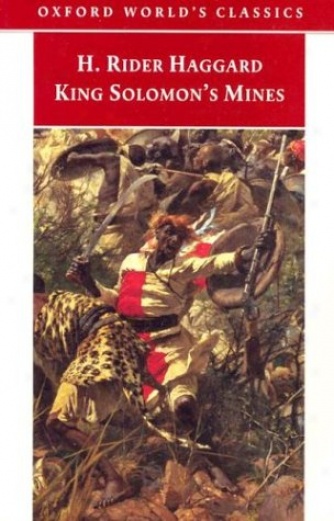 Things Fall Apart tells the story of the Ibo tribe in Nigeria around the late 1800s. Okonkwo is one of the leaders in the tribe, admired for his strength and courage. He has many negative characteristics as well, particularly through our twenty-first century eyes: he is prideful, impatient with his son’s “manliness,” and he is violent to his wives. The main story is how the tribe reacts when European missionaries come to the village on their “iron horses” (bicycles). Okonkwo is faced with either acceptance or violence.
Things Fall Apart tells the story of the Ibo tribe in Nigeria around the late 1800s. Okonkwo is one of the leaders in the tribe, admired for his strength and courage. He has many negative characteristics as well, particularly through our twenty-first century eyes: he is prideful, impatient with his son’s “manliness,” and he is violent to his wives. The main story is how the tribe reacts when European missionaries come to the village on their “iron horses” (bicycles). Okonkwo is faced with either acceptance or violence.
One of the most powerful scenes occurs early in the book when a slave boy from a neighboring village is captured and comes to live with Okonkwo and his family. After three years, Ikemefuna is treated as one of the family, even calling Okonkwo “father.” The Oracle tells that it is time to kill Ikemefuna, so the tribe takes him outside the village. Okonkwo is told not to, as this is his adopted son. After the first blow lands, Ikemefuna cries to Okonkwo for help, and Okonkwo runs to him killing him with a machete, just so others would not think him weak.
I taught this novel for the first time recently, and I was pleased at how students seemed to enjoy the story and discussions. There is much to discuss in this book: colonialism, culture differences, gender roles, and religion. Overall, it was a good experience. However, there was a disturbing part of having taught this. During discussions about Okonkwo’s beating his wives or killing his son, I heard over and over again, “Who are we to judge?” and “That’s their morals” and “We can’t force our morality on others.” I was stunned to see relativism so deeply ingrained at such a young age. We are training a generation of young people to think that it is wrong and America-centric to consider some actions as more correct than others. This may be true if we were talking about style of homes or clothing or television shows, but we are talking about something far more important than that. Some students in my classes could not admit that it is universally wrong to treat women like property or to kill your innocent son. They begin their objections with that pseudo-intellectual start, “Who are we…”
You are a human being, that’s who you are. As humans, we must address these universally wrongs: killing the innocence, enslaving others, abusing women and children. This is a good list with which to begin.
If you don’t agree, perhaps Okonkwo can come to your house and try to change your mind. A few minutes with him, I’m sure you’ll be quick to say how many universal crimes against humanity he commits.

 This book, written in 1885, is dedicated by the fictional narrator, Allan Quartermain, "to all the big and little boys who read it".
This book, written in 1885, is dedicated by the fictional narrator, Allan Quartermain, "to all the big and little boys who read it".